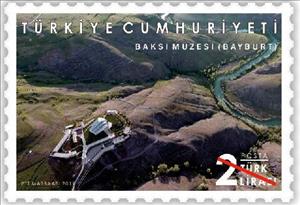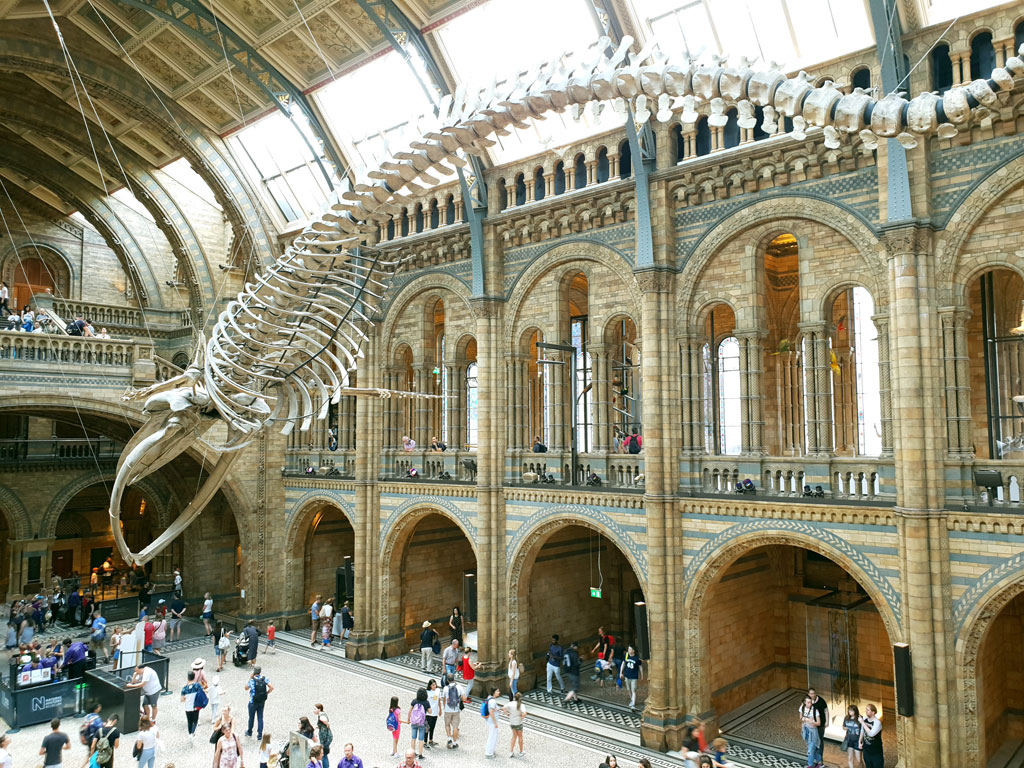Stamp: Aerial Viet of Baksi Museum, Bayburt (Turkey 2019)
Aerial Viet of Baksi Museum, Bayburt (Turkey 2019)
25 February (Turkey ) within release Museums goes into circulation Stamp Aerial Viet of Baksi Museum, Bayburt face value 2 Turkish new lira
| Stamp Aerial Viet of Baksi Museum, Bayburt in catalogues | |
|---|---|
| Colnect codes: | Col: TR 2019-04B |
Stamp is horizontal format.
Also in the issue Museums:
- Stamp - Aerial Viet of Baksi Museum, Bayburt face value 2;
- Stamp - Artifacts from Baksi Museum, Bayburt face value 2;
- Stamp - "Alem", bronce sculpture face value 2;
- Stamp - "Long-legged Chair", by Hüsamettin Koçan face value 2;
- Stamp - Baksı Museum, Bayburt face value 2;
- Stamp - Exhibition ON face value 2;
- Booklet - Baksi Museum, Bayburt face value None;
Stamp Aerial Viet of Baksi Museum, Bayburt it reflects the thematic directions:
A landscape is the visible features of an area of land, its landforms and how they integrate with natural or man-made features. A landscape includes the physical elements of geophysically defined landforms such as (ice-capped) mountains, hills, water bodies such as rivers, lakes, ponds and the sea, living elements of land cover including indigenous vegetation, human elements including different forms of land use, buildings and structures, and transitory elements such as lighting and weather conditions. Combining both their physical origins and the cultural overlay of human presence, often created over millennia, landscapes reflect a living synthesis of people and place that is vital to local and national identity. The character of a landscape helps define the self-image of the people who inhabit it and a sense of place that differentiates one region from other regions. It is the dynamic backdrop to people’s lives. Landscape can be as varied as farmland, a landscape park, or wilderness. The earth has a vast range of landscapes, including the icy landscapes of polar regions, mountainous landscapes, vast arid desert landscapes, islands and coastal landscapes, densely forested or wooded landscapes including past boreal forests and tropical rainforests, and agricultural landscapes of temperate and tropical regions.
A museum (/mjuːˈziːəm/ mew-ZEE-əm) is an institution dedicated to displaying and/or preserving culturally or scientifically significant objects. Many museums have exhibitions of these objects on public display, and some have private collections that are used by researchers and specialists. Compared to a library, a museum hosts a much wider range of objects and usually focus around a specific theme such as the arts, science, natural history, local history, and other topics. Public museums that host exhibitions and interactive demonstrations are often considered to be tourist attractions, and many museums attract large numbers of visitors from outside their host country, with the most visited museums in the world regularly attracting millions of visitors annually.


